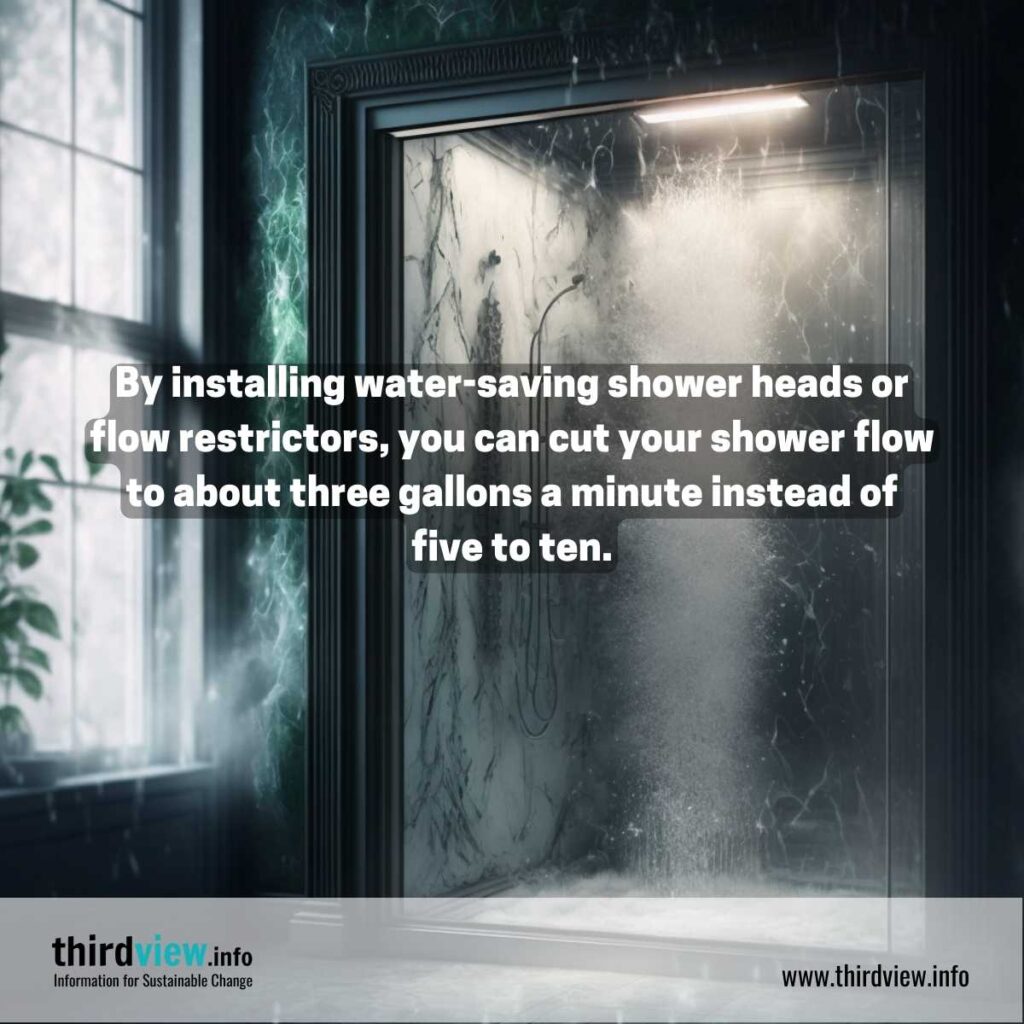Not known Facts About Reclaim Waste
Not known Facts About Reclaim Waste
Blog Article
The Single Strategy To Use For Reclaim Waste
Table of ContentsThe 8-Minute Rule for Reclaim WasteNot known Facts About Reclaim WasteRumored Buzz on Reclaim WasteThe Definitive Guide to Reclaim Waste7 Easy Facts About Reclaim Waste Explained
Explore the types, events, and forms of fluid waste. Domestic sewer waste refers to the waste and products from a residential sewage-disposal tank. This sort of waste is created by people in homes, institutions, and other structures. This only consists of septic containers that have a drainpipe area. The correct monitoring and disposal of residential sewer waste need fluid waste to be moved to a sewer treatment plant where the appropriate approaches and equipment are related to purify and take care of waste.
Business waste typically includes possible risks, such as combustible products or a combination of liquid and strong waste items, and needs an extra advanced and comprehensive disposal procedure. The disposal of business waste typically involves the filtering of waste prior to transport to make sure risk-free and proper disposal. Industrial waste is developed from by-products and runoff of industrial processes and production.
This sort of waste can not utilize the same sewer monitoring transportation or processes as septic or commercial liquids. The hazardous waste monitoring process calls for the evaluation and testing of liquid waste prior to it undertakes the disposal procedure (liquid waste removal). Drainage waste is the liquid waste that originates from runoff and excess stormwater in extremely populated locations or cities
Runoff waste can cause contamination and flooding if not managed properly. Find out more about drain cleaning and waste administration. Making certain proper waste management can stop catastrophes and lower environmental damage. Both people in residential settings and professionals in business or production sectors can gain from understanding the processes and regulations of liquid waste management.
The Greatest Guide To Reclaim Waste
Contact PROS Services today to discover our waste monitoring and disposal solutions and the correct ways to look after the liquid waste you produce.
(https://www.domestika.org/en/reclaimwaste1)This so-called 'wastewater' is not only a vital source however, after treatment, will certainly be launched to our land, waterways or the sea. Used water from toilets, showers, bathrooms, cooking area sinks, washings and industrial processes is understood as wastewater.

water used to cool equipment or tidy plant and equipment). Stormwater, a kind of wastewater, is drainage that moves from farming and metropolitan locations such as roofing systems, parks, yards, roadways, paths and gutters right into stormwater drains pipes, after rain. Stormwater flows unattended directly to regional creeks or rivers, ultimately getting to the ocean.
Not known Details About Reclaim Waste
In Queensland, the majority of wastewater is treated at sewage therapy plants. Wastewater is transferred from residential or industrial sites via a system of drains and pump terminals, understood as sewerage reticulation, to a sewer therapy plant.
The Department of Natural Resources recommends city governments about managing, operating and maintaining sewerage systems and therapy plants. In unsewered locations, city governments may call for householders to set up individual or home sewer treatment systems to treat residential wastewater from toilets, kitchens, washrooms and washings. The Department of Natural Resources authorises the use of household systems when they are confirmed to be effective.
Many stormwater obtains no treatment. In some brand-new class, therapy of some stormwater to get rid of litter, sand and gravel has actually started making use of gross toxin traps. Wastewater treatment happens in four stages: Eliminates strong matter. Bigger solids, such as plastics and other items incorrectly discharged to sewage systems, are gotten rid of when wastewater is gone through screens.
Wastewater after that flows into huge containers where solids settle and are eliminated as sludge. Oil and scum are skimmed from the surface area. Utilizes tiny living microorganisms called micro-organisms to break down and remove remaining dissolved wastes and fine fragments. Micro-organisms and wastes are included in the sludge. Gets rid of nitrogen and phosphorus nutrients that can create algal blooms in our rivers and intimidate aquatic life.
4 Simple Techniques For Reclaim Waste
Nutrient elimination is not readily available in any way sewage therapy plants since it needs expensive specialist devices. It is ending up being more common in Queensland. Clear liquid effluent generated after treatment might still contain disease-causing micro-organisms. If this effluent is released into waterways such as rivers or the sea, the micro-organisms will eventually die out.

The majority of wastewater streams right into the sewage system. Under the Act, local federal governments carry out authorizations and licences for eco pertinent tasks (ERAs) including wastewater launches that might have a regional influence.
The Basic Principles Of Reclaim Waste
Surveillance gives valid info about water high quality and can confirm that permit conditions are being satisfied. The details acquired through surveillance gives the basis for making water quality choices.
Report this page